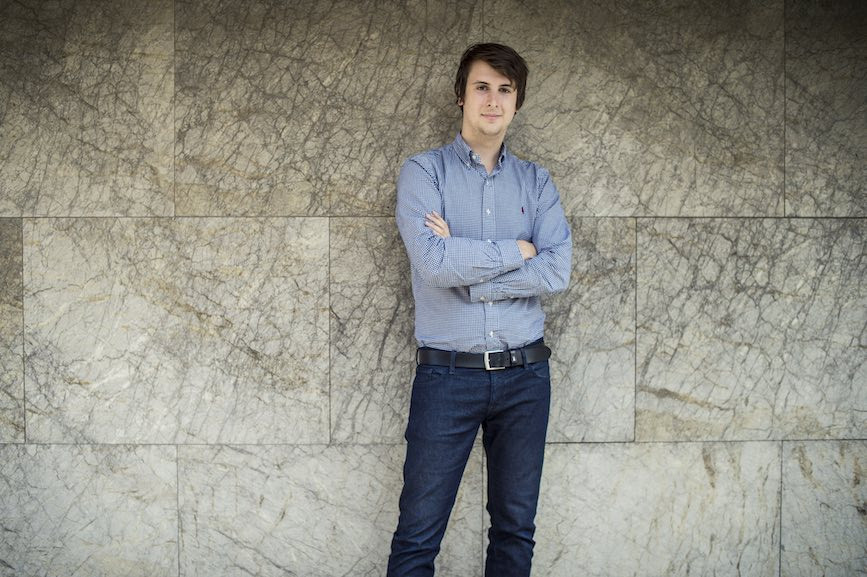Bitcoin is a decentralised peer-to-peer digital currency, which allows users to make transactions without an intermediary, with all transactions recorded in a public ledger known as the “blockchain”.
Founded in Slovenia in 2011, Bitstamp identified Luxembourg as the best place to move back in 2014. “With our company growing quickly, we thought we needed more regulatory oversight, so we started looking into various jurisdictions and Luxembourg stood out by a huge margin,” recounts Nejc Kodric, the firm’s co-founder and CEO. “I had a two-day trip in Luxembourg to meet with all of the key stakeholders like [the promotion group] Luxembourg for Finance, CSSF [Luxembourg’s financial regulator] and the ministry of finance, and I was very amazed by the high level of understanding they had about bitcoin. Whoever I spoke with knew all about blockchain, mining and decentralised ledger,” he says.
Due to Luxembourg’s pro-bitcoin stance, Bitstamp didn’t need to worry about convincing stakeholders of the virtual currency’s value, but rather needed to demonstrate that they were a company that would be able to meet the strict regulatory requirements. “There was lots of dialogue with the CSSF about what should be the best industry practice for virtual transactions; that was the challenging part,” says Kodric. The result of this two-year process is their national license as a payment institution, which not only allows them to carry out trading in Luxembourg, but across all 28 EU member states.
In developed countries like Luxembourg, bitcoin is seen as another asset class. “People may invest some of their savings to gold and bitcoin is often seen as virtual gold; it has similar characteristics and is very complementary.” However, it represents an important alternative in developing countries, where it is more widely used. “In countries like Argentina, Venezuela or the Philippines, where people may not have access to banking products, or their currencies are being devalued, it represents a straw value, an alternative monetary system that protects the value of their savings,” states Kodric.
Bitstamp is now settling into its new headquarters in Luxembourg City, where its management team, soon to grow from three to five people, is located. Operational staff will remain in Slovenia.
Kodric sees the recognition of Bitstamp as a financial institution as forward thinking. “At the very beginning, when none of the other countries are taking an industry seriously, Luxembourg is already finding ways to prepare so that companies in these new industries can have a secure, supportive environment in which to grow their business.” He predicts that Luxembourg will grow as a fintech hub through the arrival of a new group of companies active in bitcoin and blockchain. “Others are looking at our use case and migrating here. A microclimate is already forming around blockchain in Luxembourg.”
This article was first published in the Summer 2016 issue of Delano magazine. Be the first to read Delano articles on paper before they’re posted online, plus read exclusive features and interviews that only appear in the print edition, by subscribing online.
